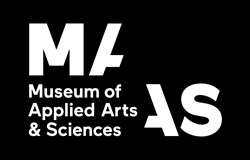When: Wednesday 14th November, 10:20am – 11:20am
Where: Theatrette, Level 2 behind the registration/foyer area
Hashtag: #W6
The environment + community = community engagement! Getting the community involved in environmental science is a rewarding venture. Hear from the speakers about their experiences in engaging the community in their work – both the rewarding and challenging.
The session is structured into three 15-minute talks and will wrap-up with a 15-minute Q&A for delegates questions and comments.
The session will include the following talks:
- The Rescue Project Podcast – stories of kind acts of environmental rescue – Gretchen Miller
- Trust me, I’m a scientist: a case study about science communication, co-design and community – Catherine Healy
- TasAgFuture: Mobilising Tasmania’s agriculture and food sector to help determine future scientific research – Claire Baker
Session Producer
Session Chair
